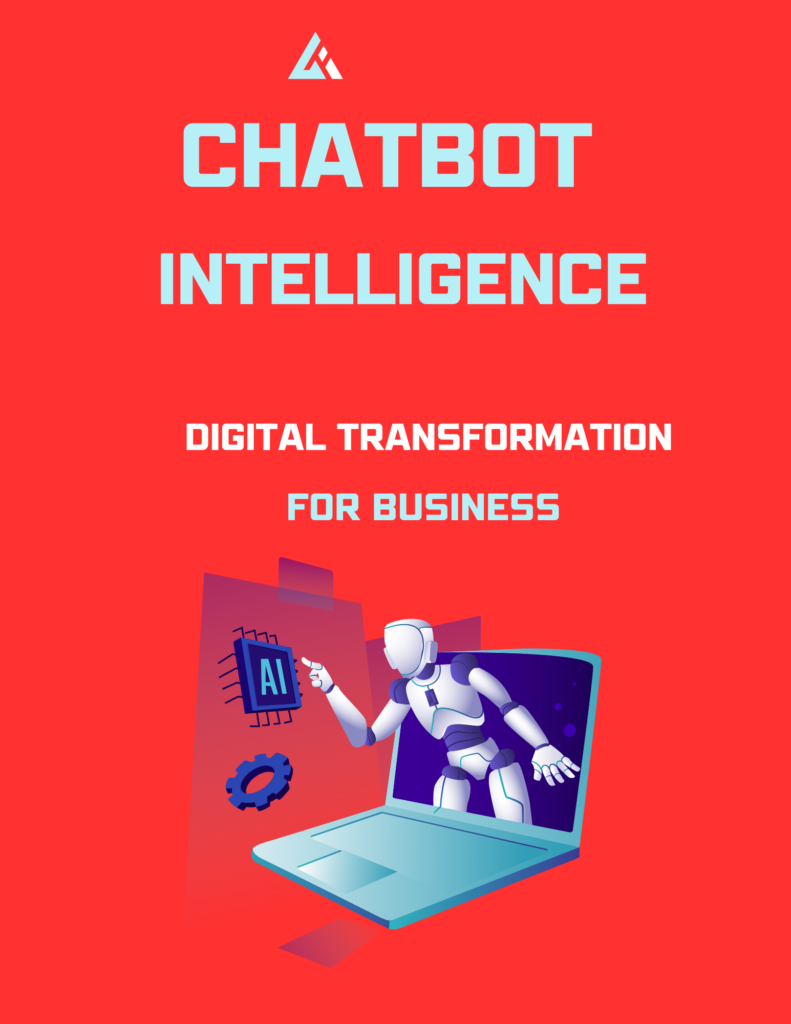In recent years, artificial intelligence (AI) has made significant strides across various sectors, and the insurance industry is no exception. Among the advancements, ChatGPT—a sophisticated language model developed by OpenAI—has emerged as a powerful tool reshaping how insurance companies operate, interact with customers, and manage their internal processes.

The Evolution of AI in Insurance
The insurance industry, known for its complex processes and heavy reliance on data, has found a valuable ally in AI. From underwriting and claims processing to customer service and fraud detection, AI technologies are streamlining operations and enhancing efficiency.
ChatGPT, a leading AI language model, is at the forefront of these changes. By leveraging natural language processing (NLP) and machine learning, ChatGPT is transforming various aspects of the insurance sector.
Enhancing Customer Service
Customer service is a critical area where ChatGPT is making a substantial impact. Traditional customer service methods often involve long wait times and repetitive queries. ChatGPT, however, can handle a wide range of customer interactions in real time. It can provide instant responses to frequently asked questions, assist with policy information, and guide customers through claims processes, all while maintaining a conversational tone that feels natural and engaging.
Benefits of ChatGPT in Customer Service:
- 24/7 Availability: ChatGPT ensures that customers have access to support at any time, reducing the need for human agents to work around the clock.
- Consistency: It provides consistent responses based on the latest data, minimizing discrepancies that can occur with human agents.
- Personalization: By analyzing customer data, ChatGPT can tailor interactions to individual needs and preferences, enhancing the overall customer experience.
Streamlining Underwriting and Claims Processing
Underwriting and claims processing are data-intensive tasks that benefit greatly from AI’s capabilities. ChatGPT can assist in these areas by analyzing vast amounts of data quickly and accurately.
- Underwriting: ChatGPT can help underwriters by evaluating risk factors, processing applications, and generating risk assessments. This reduces manual effort and accelerates decision-making.
- Claims Processing: In claims processing, ChatGPT can automate initial claim assessments, guide claimants through documentation requirements, and provide updates on claim status. This speeds up the process and improves accuracy.
Enhancing Fraud Detection
Fraud detection is another area where AI, including ChatGPT, plays a crucial role. By analyzing patterns and anomalies in data, AI can identify potential fraudulent activities more effectively than traditional methods.
How ChatGPT Contributes to Fraud Detection:
- Pattern Recognition: ChatGPT can analyze historical data and identify patterns indicative of fraudulent behavior.
- Anomaly Detection: It can detect deviations from normal behavior, flagging suspicious activities for further investigation.
- Predictive Analysis: By evaluating trends and data points, ChatGPT can predict potential fraud scenarios and mitigate risks.
Improving Data Management and Compliance
The insurance industry is subject to rigorous regulatory requirements and data management standards. ChatGPT can assist in managing and analyzing large datasets, ensuring compliance with regulations, and generating reports.
Advantages of ChatGPT in Data Management:
- Efficient Data Handling: It can process and categorize large volumes of data quickly, facilitating better decision-making.
- Regulatory Compliance: ChatGPT can help ensure that all processes adhere to regulatory requirements, reducing the risk of non-compliance.
- Report Generation: It can automate the generation of compliance reports, saving time and reducing errors.
Looking Ahead: The Future of AI in Insurance
As AI technology continues to evolve, the potential applications in the insurance industry are vast. ChatGPT and similar models will likely play an even more significant role in shaping the future of insurance, driving innovation, and enhancing overall efficiency.
The integration of ChatGPT into insurance operations marks a pivotal shift towards more intelligent, responsive, and efficient processes. As the industry embraces these advancements, it will pave the way for improved customer experiences, streamlined operations, and enhanced risk management.
In conclusion, ChatGPT and AI are not just trends but transformative forces in the insurance industry. Their ability to analyze data, improve customer interactions, and enhance operational efficiency underscores the profound impact of technology on the future of insurance.
